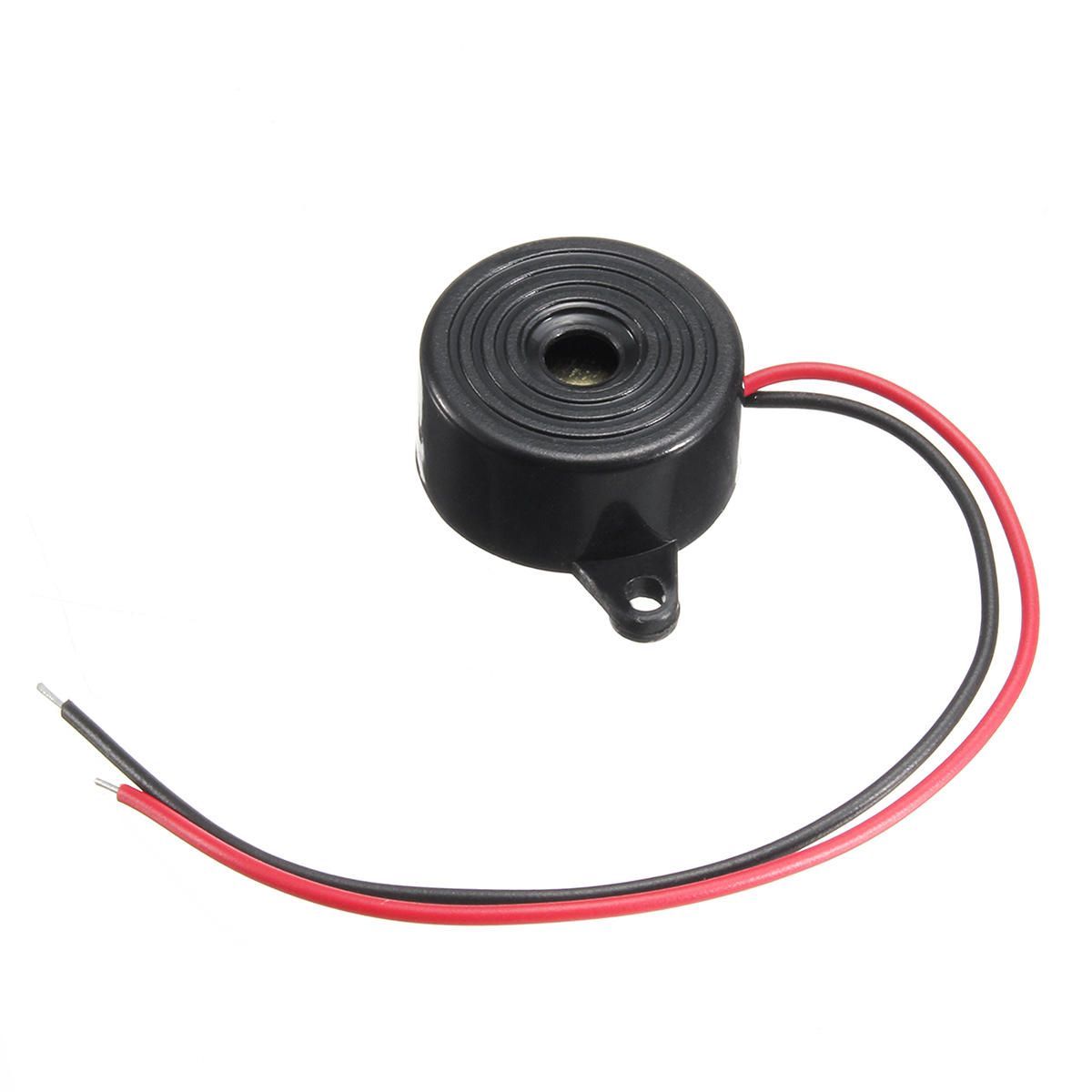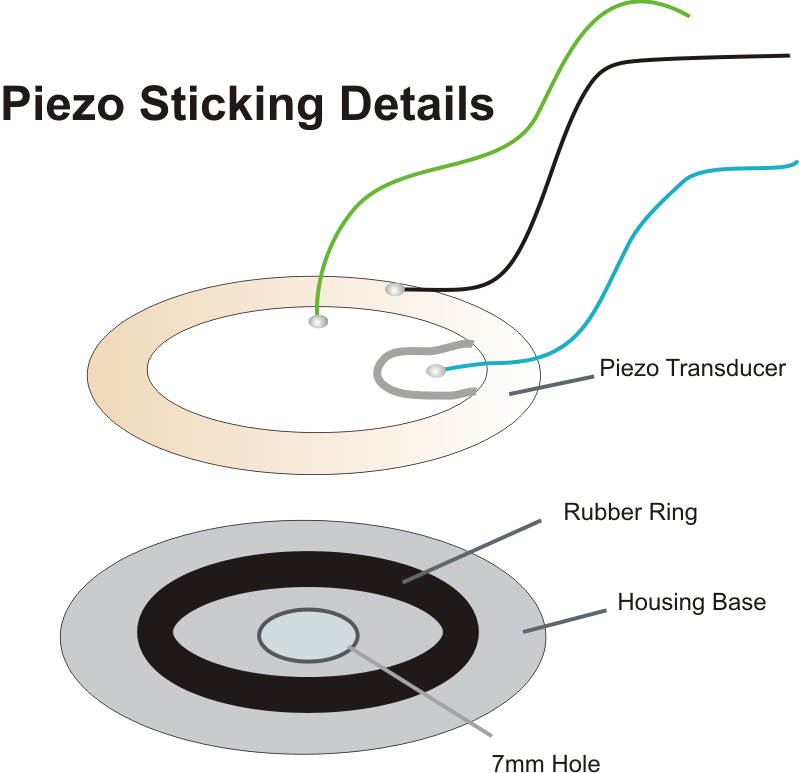
One of Arduino's many useful built-in commands is the tone() function. When you have an array of characters, it can be defined between double-quotes (also called a "string"), OR as a list of single-quoted characters. Characters (single, printable, letters, numbers and other symbols) have their own type, called "char". Up until now we've been working solely with numerical data, but the Arduino can also work with text. but we still need to return a value, so return 0.Ĭhar names = Return(0) // We looked through everything and didn't find it, Return(frequencies) // Yes! Return the frequency and exit function. we find it, we'll return the frequency for that note.įor (i = 0 i < numNotes i++) // Step through the notes Now we'll search through the letters in the array, and if If you'd like your song to play over and over, remove the while(true)Ĭonst int numNotes = 8 // number of notes we're storing

We only want to play the song once, so we pause forever Tone(buzzerPin, frequency(notes), duration) ĭelay(duration) // wait for tone to finishĭelay(tempo/10) // brief pause between notes PinMode(buzzerPin, OUTPUT) // sets the buzzer pin as an OUTPUTįor (i = 0 i < songLength i++) // for loop is used to index through the arraysĭuration = beats * tempo // length of note/rest in msĭelay(duration) // then pause for a moment Int tempo = 113 // The tempo is how fast to play the song (beats per second). "2" a half-note, and "4" a quarter-note.

beats is an array of values for each note. Notes is an array of text characters corresponding to the notes
#A PIEZO BUZZER CODE#
* This code is completely free for any use. * (This sketch was originally developed by D. * with lots of help from the Arduino community. * This sketch was written by SparkFun Electronics,

* The Arduino's tone() command will play notes of a given frequency. * This sketch uses the buzzer to play songs. Hit upload, and see what happens! language:cpp You can also copy and paste the following code into the Arduino IDE. To open the code go to: File > Examples > SIK Guide Code > SIK_circuit11_buzzer Open the code for Circuit 11 by accessing the “SIK Guide Code” you downloaded and placed into your “Examples” folder earlier. Coding in the Arduino language will control your circuit.

#A PIEZO BUZZER SOFTWARE#
Open Up the Arduino IDE software on your computer. Having a hard time seeing the circuit? Click on the Fritzing diagram to see a bigger image. Polarized components can only be connected to a circuit in one direction.
#A PIEZO BUZZER HOW TO#
Pay special attention to the component’s markings indicating how to place it on the breadboard. Ready to start hooking everything up? Check out the Fritzing diagram below, to see how everything is connected.


 0 kommentar(er)
0 kommentar(er)
